Blooket is a popular online learning platform that makes quizzes more fun and interactive. The term Blooket Host simply refers to the person who creates and manages a live game session on the platform. Usually, this is a teacher or tutor who selects a quiz set, chooses a game mode, and invites students to join using a special game code. Hosting allows the teacher to control how the game works and ensures students participate in a structured way.
Being a host in Blooket is more than just starting a quiz. It means guiding the students, monitoring their progress, and making sure the learning environment stays engaging. Hosting transforms a simple quiz into a classroom activity where competition and fun encourage learning. This is why many teachers today use Blooket Host to replace traditional tests and keep students motivated.
Creating an Account and Exploring Sets
Before you can host a game on Blooket, you need to create a free account. Signing up is easy and only requires a valid email. Once logged in, the dashboard shows you options like My Sets and Discover Sets. “My Sets” is where your custom-made quizzes are stored, while “Discover” lets you browse thousands of ready-to-play sets created by other educators.
This flexibility makes Blooket especially useful for teachers who don’t have time to create every quiz themselves. They can quickly search for subjects like math, science, or history and pick a set that fits their lesson. If a teacher prefers customization, they can build their own set with specific questions and answers. Either way, exploring sets is the first step before you host a game.
Choosing the Right Question Set
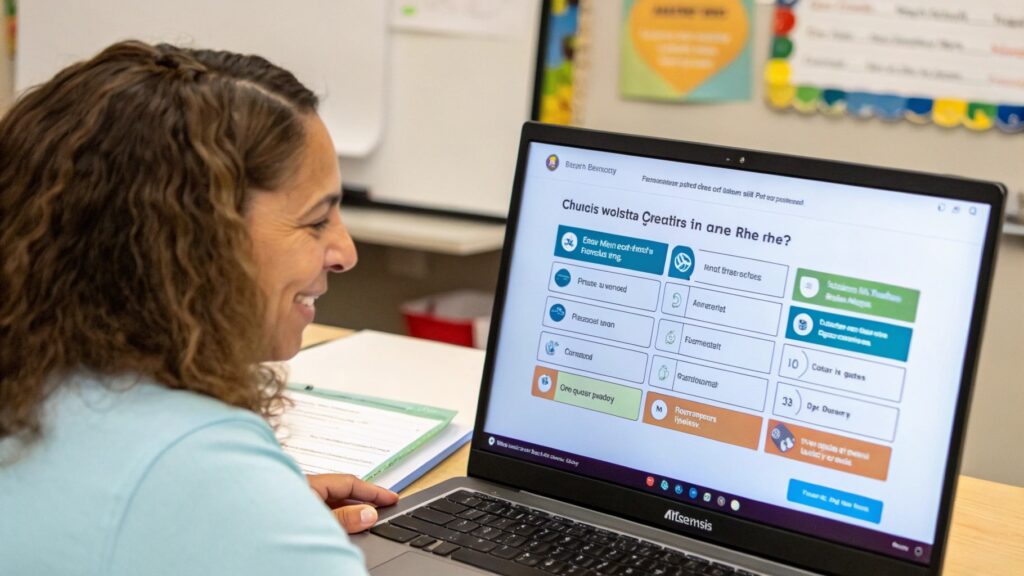
A Blooket host has the option to either use a pre-made question set or design one from scratch. Pre-made sets save time and often cover a wide range of topics. Teachers can search by keyword, grade level, or subject to find the perfect fit. This feature is particularly helpful for busy educators who want something ready to go within minutes.
On the other hand, creating your own set allows for complete customization. Teachers can input questions that align exactly with their curriculum or upcoming exams. Personalized sets also let hosts include images or fun references that keep students interested. Selecting the right set is crucial because it directly affects how engaging and effective the game will be.
Step-by-Step Guide to Hosting a Game
Hosting a game on Blooket is simple once you have chosen your set. First, click the “Host” button on the quiz you want to use. Next, select a game mode from the list of available options. Each mode comes with unique gameplay styles, such as competitive challenges or self-paced practice. Once the mode is selected, adjust the settings like timer, player limits, or late join permissions.
After settings are finalized, a unique Game ID is generated. Share this code with your students, and they can join from their devices by entering it on the Blooket website. As the host, you will see all the players who join and can start the game once everyone is ready. This process ensures that hosting is straightforward, even for those using it for the first time.
Exploring Different Game Modes
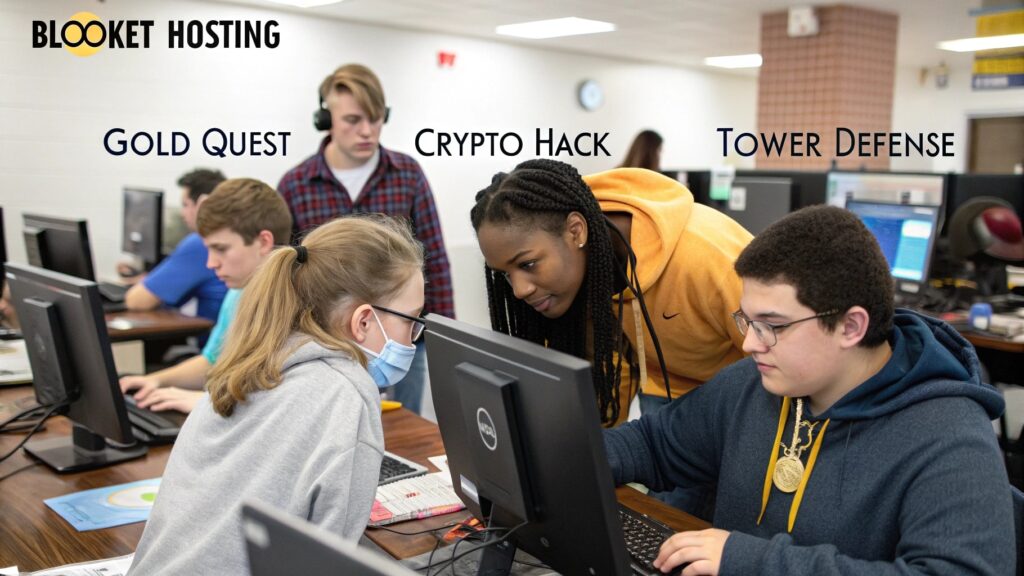
One of the biggest strengths of Blooket hosting is the variety of game modes it offers. Modes like “Gold Quest,” “Crypto Hack,” and “Tower Defense” each bring a different kind of excitement. Some modes focus on strategy, while others emphasize speed or teamwork. Choosing the right mode depends on your teaching goals and the type of class activity you want to create.
For example, if you want quick revision before a test, a fast-paced mode works best. If you want students to spend more time thinking, a strategy-based mode can be chosen. The host decides which mode fits the classroom atmosphere, and this variety keeps students excited to play again and again. It’s this flexibility that makes Blooket stand out from other quiz platforms.
Hosting Settings and Customization
Blooket Host provides several settings that make games customizable. Hosts can set timers, allow or block late joiners, shuffle questions, and even randomize player names for added fun. Sharing can be done through direct game codes, clickable links, or even QR codes, making it easy for students to join from anywhere.
These options give hosts complete control over how the game flows. For example, enabling late joiners allows students who are a bit late to still participate, while disabling it ensures the game stays focused. Small details like random names help prevent distractions or competitiveness over usernames. Customization ensures that each session fits the unique needs of a classroom.
Free vs Paid Features for Hosts
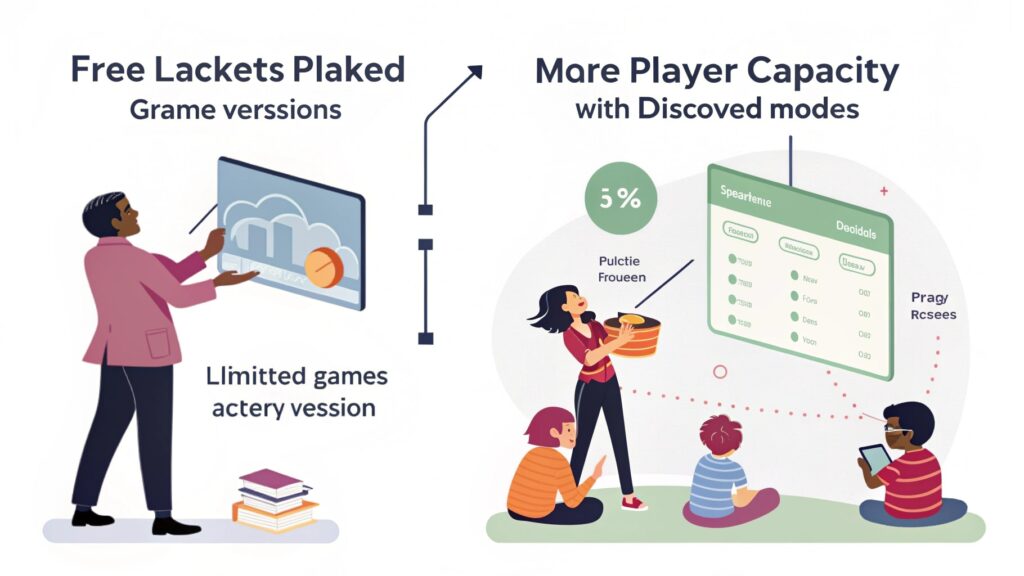
Blooket offers both free and paid (Blooket Plus) versions. In the free plan, teachers can host games with a decent number of players, access most modes, and explore the Discover library. However, the free version comes with certain limits, such as fewer analytics and smaller player capacity.
With Blooket Plus, hosts unlock advanced features like larger game sizes, detailed reports, and access to special seasonal modes. For schools or large classes, the upgrade can be valuable because it allows more students to participate and gives teachers deeper insights into performance. Whether free or paid, Blooket Host remains useful, but paid features enhance the overall experience.
How Students Join a Hosted Game
Once a host has started a game, students can join quickly by visiting Blooket.com/play and entering the unique Game ID. Alternatively, they can use a QR code or direct link shared by the host. Joining is simple and works on most devices, including phones, tablets, and laptops.
After entering the game, students choose their character (called a “Blook”) and wait for the host to start. This system ensures that joining doesn’t take much time, allowing the focus to remain on playing and learning. The process is smooth enough that even younger students can join without much difficulty.
Responsibilities of a Host During Gameplay
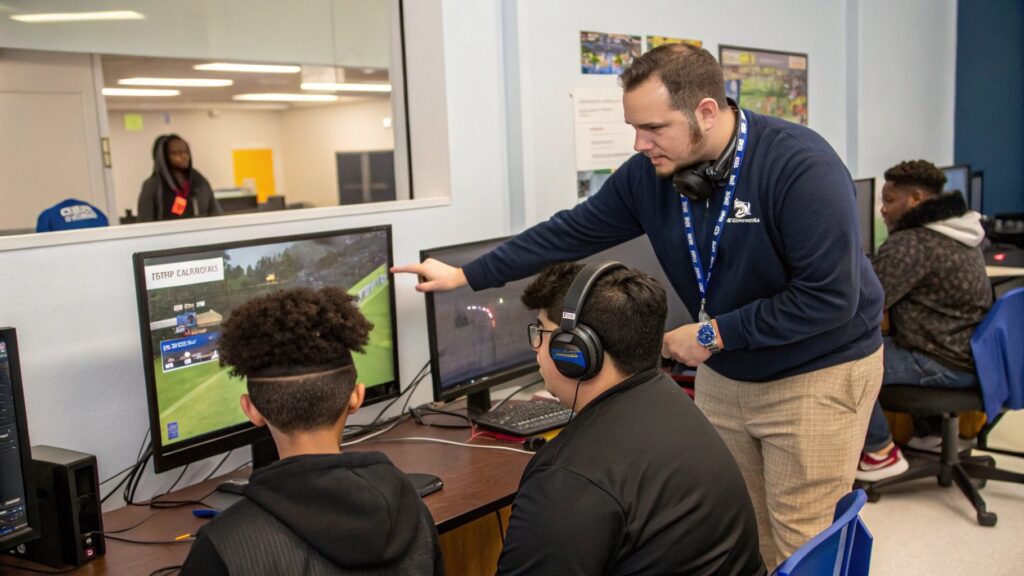
The role of a host does not end after starting a game. During gameplay, the host monitors the progress, ensures fair play, and keeps the students engaged. Some modes may require the host to adjust pacing or resolve technical issues if students encounter problems.
Additionally, hosts need to encourage participation. For example, praising quick answers or motivating slower students helps create a positive classroom atmosphere. Hosting is about creating a balance between fun and learning, and good hosts understand how to guide students while keeping the game fair and enjoyable.
Reports and Post-Game Analysis
One of the most useful features of Blooket Host is the ability to view reports after a game ends. Reports show which questions were answered correctly, how many players struggled, and overall performance trends. This makes it easier for teachers to identify weak areas in their students’ understanding.
In the paid version, reports are even more detailed, giving insights into each student’s progress. Hosts can use this data to plan future lessons or provide extra help where needed. Post-game analysis ensures that hosting is not just about fun but also about improving learning outcomes.
Common Problems and Solutions
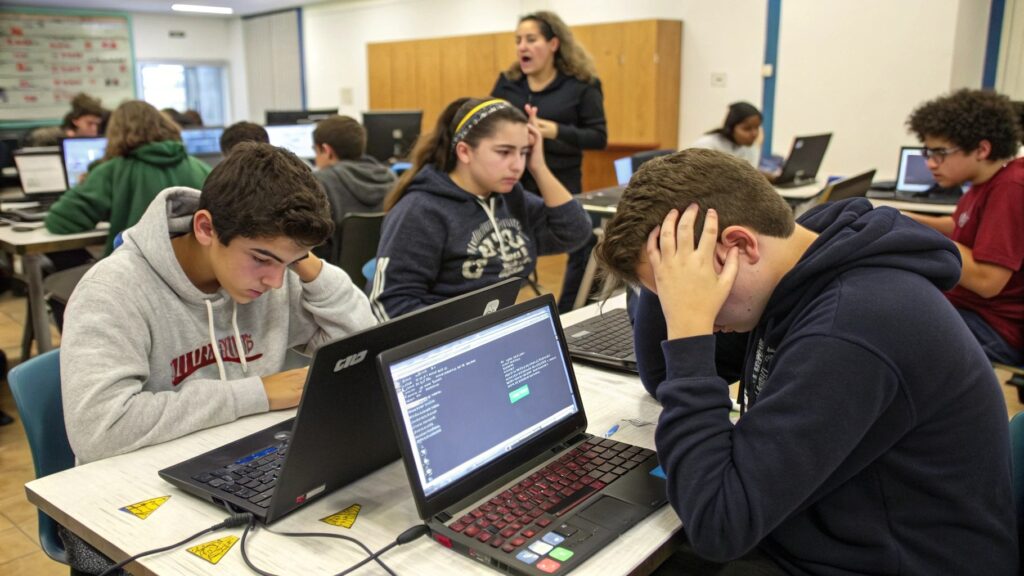
Like any online platform, Blooket hosting can sometimes face issues. Students may have trouble joining if their internet is weak or if they enter the wrong Game ID. Technical glitches, such as screen freezes, are rare but possible. The host should always be ready with quick solutions, like refreshing the session or sharing the code again.
Another challenge is keeping students engaged throughout the game. Some may lose interest if they fall behind. Hosts can solve this by switching game modes or adjusting rules to give everyone a fair chance. With preparation, most problems can be solved quickly, ensuring a smooth hosting experience.
Tips and Best Practices for Hosting
To make hosting more effective, teachers should choose sets that match the difficulty level of their class. Mixing fun questions with academic content helps maintain interest. Switching game modes regularly also keeps students excited.
Hosts should also set clear rules before the game begins. Explaining how points are earned or how winners are decided avoids confusion later. Finally, always balance competition with encouragement, so that all students feel included. Following these best practices ensures that hosting becomes a tool for learning as well as fun.
Conclusion
Blooket Host is more than just a feature—it’s a powerful teaching tool that blends fun with education. By learning how to host effectively, teachers can make their classrooms more interactive and students more engaged. With customizable settings, multiple game modes, and useful reports, hosting makes quizzes feel like games rather than exams.Whether you use the free version or upgrade to Plus, hosting on Blooket creates an enjoyable experience that motivates students to participate actively. In the end, a good host can transform any lesson into an exciting learning adventure.
FAQs
What is a Blooket Host?
A Blooket Host is the person who starts and manages a game session on Blooket, usually a teacher or tutor.
Can students become hosts on Blooket?
Students cannot host games unless they create their own accounts. Hosting is mainly for teachers.
Is hosting free on Blooket?
Yes, hosting is free, but advanced features are available with the paid Blooket Plus version.
How many players can join a hosted game?
In the free version, a limited number of players can join. The paid version allows larger groups.
What do you need to host a Blooket game?
You need a free Blooket account, a question set, and a device with internet connection.
Do you need Blooket Plus to host?
No, you can host games with a free account. Blooket Plus only adds more options and features.
How do students join a hosted Blooket game?
Students can join by entering the game code at Blooket.com/play or by scanning a QR code.
What happens after a game ends?
The host can review reports, see scores, and analyze student performance for better lesson planning.
Related Post:



